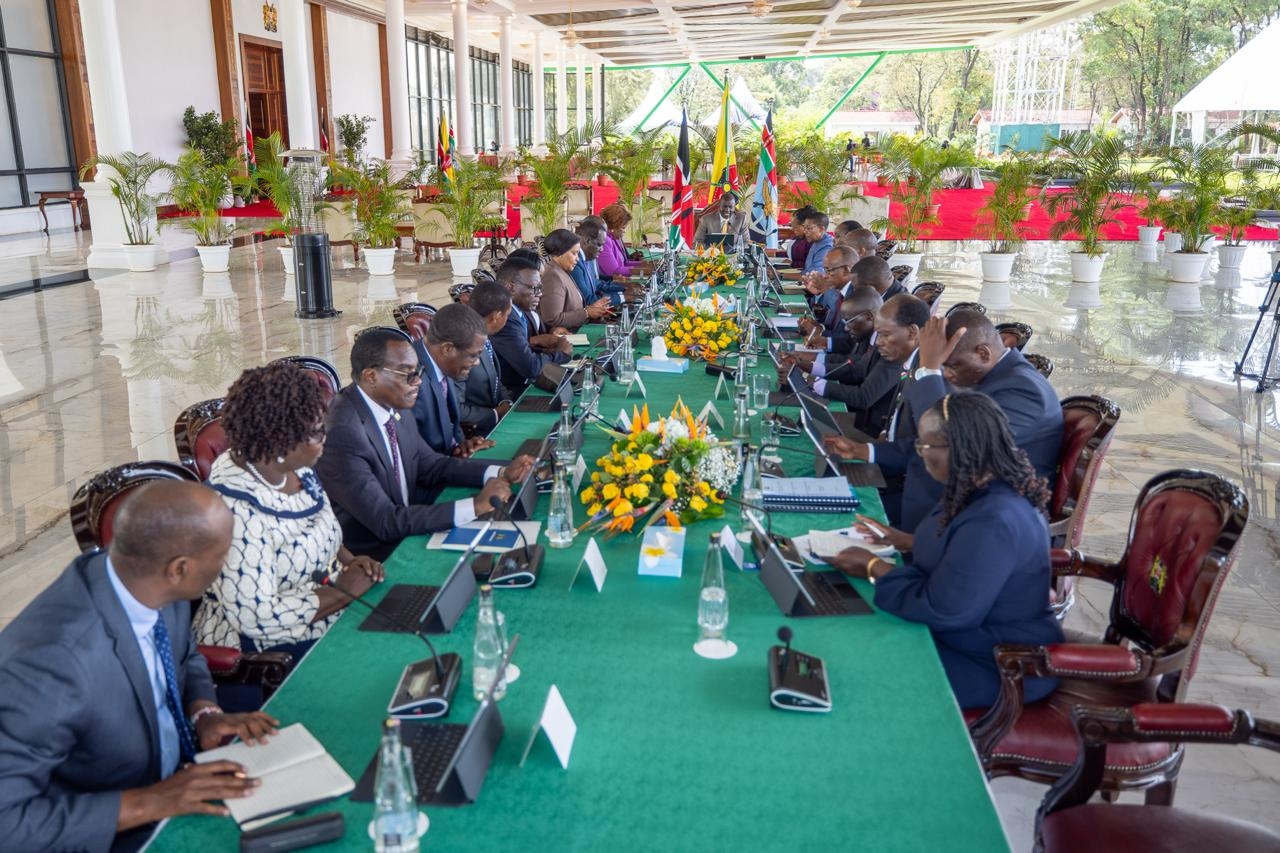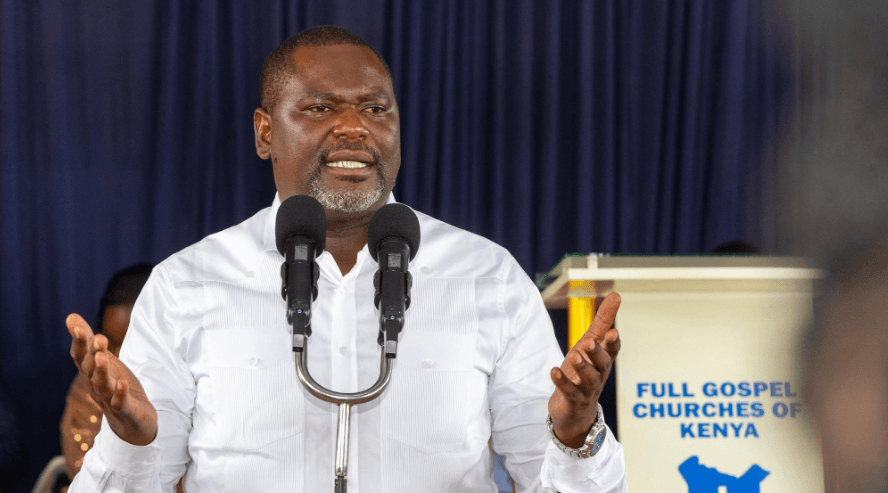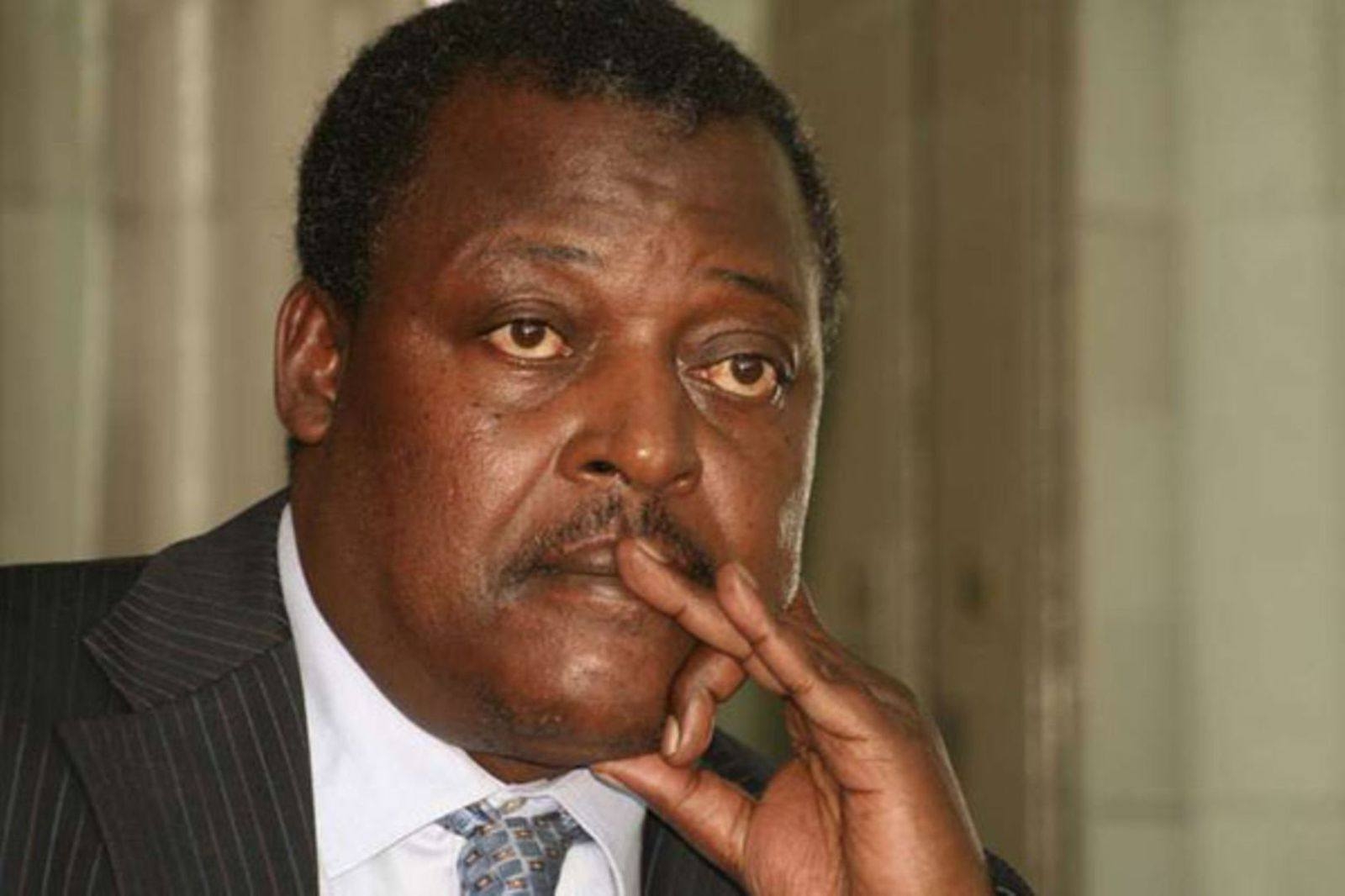A decade ago, Khor Wiyual Kueer, 21, made the risky yet life-changing journey from war-ravaged Akobo, Jonglei State South Sudan in South Sudan, to Kakuma Refugee Camp in Kenya.
It took Khor three days and nights to reach the Lokichoggio border between South Sudan and Kenya. This was a difficult journey, but today, he stands tall, his heart proudly worn on his sleeves, symbolizing his unyielding determination and resilience.
As a young boy growing up in South Sudan, his dream of becoming a doctor came to him after caring for a sick relative at home. This ambition was also partially encouraged by his exposure to a Science, Technology, Engineering, and Mathematics (STEM) project, which provided him with access to science subjects and mentorship opportunities from intra- and inter-school STEM competitions, which were key in improving his learning outcomes and skills.
Khor is inspired by the groundbreaking research and inventions of Dr. Edward Jenner, known as the father of vaccines. This motivation motivates him to excel in Mathematics, Chemistry, and Biology. He plans to use his medical ambition to serve his community, especially those who, like him, have been affected by conflict and displacement.
"I want to become a doctor to provide hope and make a real difference in people's lives by helping to alleviate pain and suffering," said Khor, who now works as a teller at Equity Bank. Khor has been working as a volunteer incentive teacher at Vision Secondary School since finishing his education after being appointed by the Board of Management (BoM).
Recognising the significance of education, Khor’s relatives saw him as their beacon of hope. They have supported Khor’s passion and commitment to getting an education. He has lived with his relatives since arriving at the Kakuma Refugee Camp.
His family has always provided Khor with the necessary support for his studies by creating a conducive environment at home.
"I enrolled at Elliyes Primary School and sat for the Kenya Certificate of Primary Education (KCPE) in 2019, scoring 351 out of 500 marks. The following year, I joined Vision Secondary School. I completed the Kenya Certificate of Secondary Education (KCSE) and scored an A— (minus) of 79 points with 3 A's in STEM (Science, Technology, Engineering, and Mathematics) subjects: mathematics, Chemistry, and Biology," said Khor smiling, proud of his achievement.
These impressive grades made him the top Kakuma refugee camp and Kalobeyei Integrated settlement student for the national primary schools' examination.
This achievement brought pride to his family and community and served as a beacon of hope and inspiration for other refugee students, demonstrating the transformative power of education. Despite the limited school materials, he maximized the available learning resources.
"I actively participated in group discussions, finding inspiration and encouragement among fellow students. We had a double-shift school system, where some learners attended the morning lessons while others attended the afternoon shift," he said. This meant less contact time with teachers compared to other public schools nationwide.
Despite these challenges, Khor and his study group stayed back in school every day after the regular afternoon classes, working together to complete assignments and putting in extra study time.
"The trick to performing excellently in my studies was to work with fellow students through group discussions, concentrate and maximize on the available coursebooks in the library, such as the Kenya Literature Bureau (KLB)," Khor said.
However, during this time, his family suffered a setback; a relative became sick, forcing Khor to interrupt his education during the term in Form Three (grade 11). He took over caring for him and only returned to school when he fully recovered.
Khor expresses deep gratitude to his teachers and the invaluable support of the Government of the Netherlands (PROSPECTS grant), a key funder of his school's STEM project. Their financial support has been crucial in providing quality education and resources to refugee students like him.
"When I returned, I diligently used the library and consulted the teachers when I faced an academic challenge I could not solve," said Khor
Unicef Kenya Education Officer Serah Musengya notes that the primary goal of the STEM project is to improve the uptake of STEM subjects among students like Khor, improve learning outcomes and skills for students in Kakuma/Kalobeyei and Dadaab refugee camps, and help prepare them for transition into the world of work.
“The aim is to achieve these outcomes through various strategies such as enhancing schools’ and teachers’ capacities, strengthening student-led innovations, including social innovations for social impact, and encouraging students' inclination towards STEM learning, especially for girls, and break the gender stereotypes in STEM Education and careers,” she said.
According to Musengya, the program provides students like Khor access to learning content that motivates them to pursue careers in STEM.
"This program also supports interventions such as the capacity building of teachers, equipping schools with STEM teaching and learning materials including equipment, textbooks, and supplementary revision materials in physics, chemistry, and biology, the establishment of virtual and physical laboratories, mentorship and career guidance featuring female role models, participation in intra and inter-school competition including national science fairs," she said.
Since 2020, Unicef Kenya in partnership with Windle International Kenya has been promoting the uptake of STEM subjects to improve learning outcomes in Kakuma, Kalobeyei, and Dadaab refugee camp secondary schools through the PROSPECTS initiative. In coordination with UNHCR, which manages the refugee camp schools, the collaboration has provided quality education and resources to refugee students like Khor, inspiring and encouraging them to pursue careers in STEM.
The STEM project was life-changing for Khor, providing him with the resources and opportunities to excel in his studies.
"This opportunity provided me with a platform to showcase my talents through interactions and exchanging ideas with top students from other regional schools, further deepening my interest in STEM subjects. It boosted my confidence, too," said Khor.
He is optimistic that his outstanding performance in the national examination will earn him a scholarship to pursue his dream of studying medicine at university. Caring for his sick relative during his Form Three year left an indelible mark on him. Witnessing the vulnerability of someone he cared for deeply fueled his determination.
Khor is convinced of the importance of enhanced STEM education in refugee schools and is acutely aware that it requires substantial investment and commitment from the education sector.
He adds, “In my experience, a good STEM education requires more revision textbooks, increased student-teacher contact time, exposure to science contests, and practical science lessons to deepen students' understanding of scientific concepts through hands-on experience.”
Khor's inspiring journey from a war-torn country to a refugee camp settler, while achieving remarkable academic results in a refugee school, is a testament to a resilient and determined spirit that cannot be defeated.
















